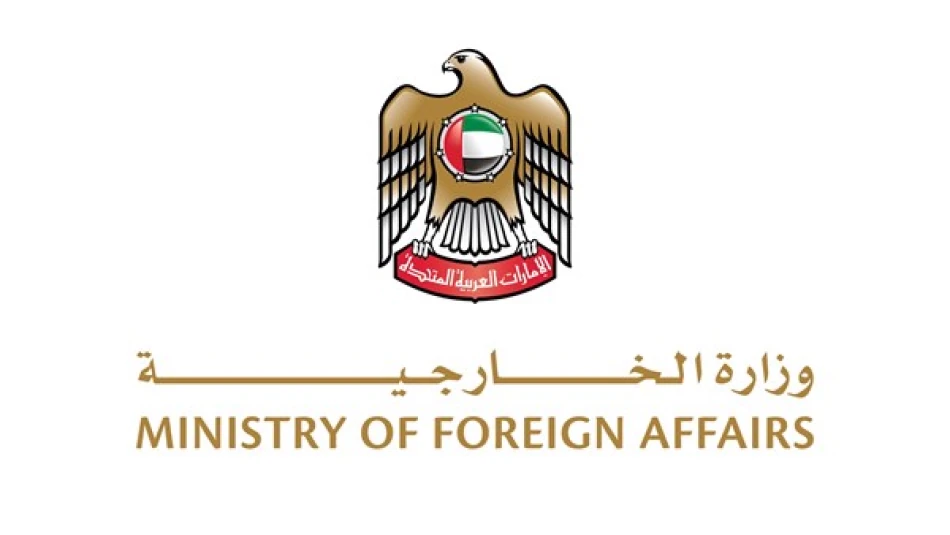
United Arab Emirates Condemns Darfur Mosque Bombing in Strongest Terms
UAE Condemns Mosque Bombing in Sudan's Darfur as Civilian Crisis Deepens
The United Arab Emirates has strongly condemned the bombing of a mosque in Al-Fasher, North Darfur, that killed and wounded dozens of civilians. The attack highlights the worsening humanitarian crisis in Sudan's civil war, where religious sites and civilian areas continue to be targeted despite international agreements meant to protect non-combatants.
Latest Attack Violates International Law
The bombing targeted a mosque in the Al-Daraja neighborhood of Al-Fasher, the capital of North Darfur state. The UAE's Foreign Ministry called the attack a "flagrant violation of international humanitarian law" and demanded both sides in Sudan's conflict respect the Jeddah Declaration, which includes provisions for civilian protection.
Al-Fasher has become a key battleground between Sudan's army and the paramilitary Rapid Support Forces (RSF). The city serves as the last major government stronghold in Darfur, making it strategically important for both sides.
Regional Stakes in Sudan's War
The UAE's strong statement reflects broader regional concerns about Sudan's 20-month civil war. The conflict has created one of the world's worst humanitarian crises, with over 10 million people displaced and widespread famine warnings.
Why This Matters for Regional Stability
Sudan sits at a critical crossroads between the Middle East and Africa. Its collapse affects migration routes, trade flows, and security across the region. Countries like the UAE, Saudi Arabia, and Egypt have significant economic and political interests in seeing Sudan stabilize.
The targeting of religious sites particularly concerns Gulf states, which view such attacks as violations of Islamic principles and international norms. Mosque bombings often signal an escalation in conflict intensity and civilian targeting.
International Efforts Face Reality Check
The UAE specifically mentioned the Jeddah Declaration, signed by both warring parties in May 2023. That agreement, brokered by Saudi Arabia and the United States, committed both sides to protect civilians and allow humanitarian access.
But the mosque bombing shows how little impact these diplomatic efforts have had on the ground. Similar patterns emerged in Syria and Yemen, where international agreements failed to prevent civilian targeting.
What Comes Next
The UAE says it will continue working with regional and international partners to find a peaceful solution. But the reality is that both sides in Sudan's war still believe they can win militarily.
The army controls most of central and eastern Sudan, while the RSF dominates western regions and parts of Khartoum. Neither side has shown serious interest in meaningful negotiations, making civilian protection agreements largely meaningless.
Humanitarian Crisis Deepens
The Al-Fasher attack comes as humanitarian conditions worsen across Sudan. The UN warns that 25 million people need aid, while funding for relief operations remains critically short.
Darfur, already scarred by decades of conflict and genocide, faces particular challenges. The region's infrastructure has collapsed, making it nearly impossible to deliver aid or protect civilians.
For regional powers like the UAE, Sudan's crisis presents both risks and opportunities. Stability would boost trade and investment, but continued war threatens to spread instability across borders and create more refugee flows.
Most Viewed News

 Layla Al Mansoori
Layla Al Mansoori






